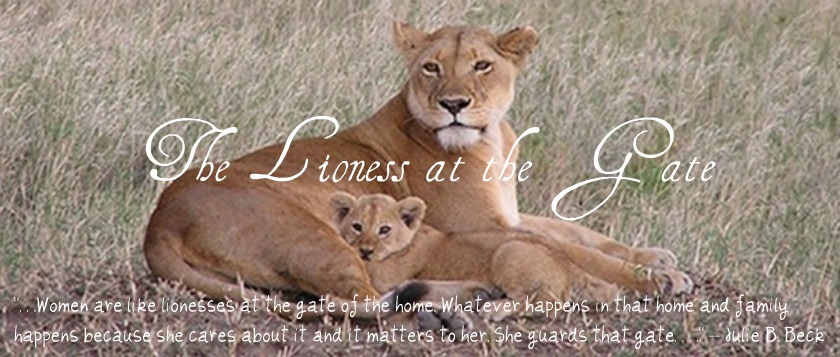If you didn't know, the author interviewed Lali/Lale to make his life history, but wrote it into a screenplay, then the book. So, it's probably more true than not, but you never know how accurate your memory is, but I guess to Lali/e, it is for the most part how he remembered it, accurate or not. So, I finished the book. Of course it was horrible and uncomfortable in parts, but I loved that Lali/e loved women as people. I loved that he adored his to-be wife.
After breaking up their fights his mother would take him aside and explain to him that he would find someone else to love and care for. He never wanted to believe her. As he became a young man, he would run home to his mother each day for the hugged greeting, the feel of her comforting body, her soft skin, the kisses she planted on his forehead. "What can I do to help you?" He would say. "You're such a good boy. You will make someone a wonderful husband some day." "Tell me what to do to be a good husband. I don't want to be like Papa. He doesn't make you smile. He doesn't help you. . . . I want the girl I marry to like me, to be happy with me. . . ." "You must first learn to listen to her, even if you are tired. Never be too tired to listen to what she has to say. Learn what she likes, and more importantly what she doesn't like. When you can, give her little treats: flowers, chocolates. Women like these things. . . ." (Chapter 19, around 4:56)
Growing up, it was a very loving family life. The devotion my parents had to each other was total and uncompromising. When many in their circle of friends started getting divorced, I went to my mother and asked how she and my father had managed to stay together for so many years. Her response was very simple: "Nobody is perfect. Your father has always taken care of me since the first day we met in Berkenau. I know he is not perfect, but I also know he will always put me first." (Gary, their only child, Afterward, around 7:21)And a bonus, but about optimism:
How can you just pack and sing? With a big smile on her face she said that when you spend years not knowing if in five minutes time you'll be dead, there is not much you can't deal with. She said, as long as you are alive and healthy, everything will work out for the best. (Said to Gary by his mother, Gita, when his father had to close his business and their house was auctioned, Afterward, around 7:24)
